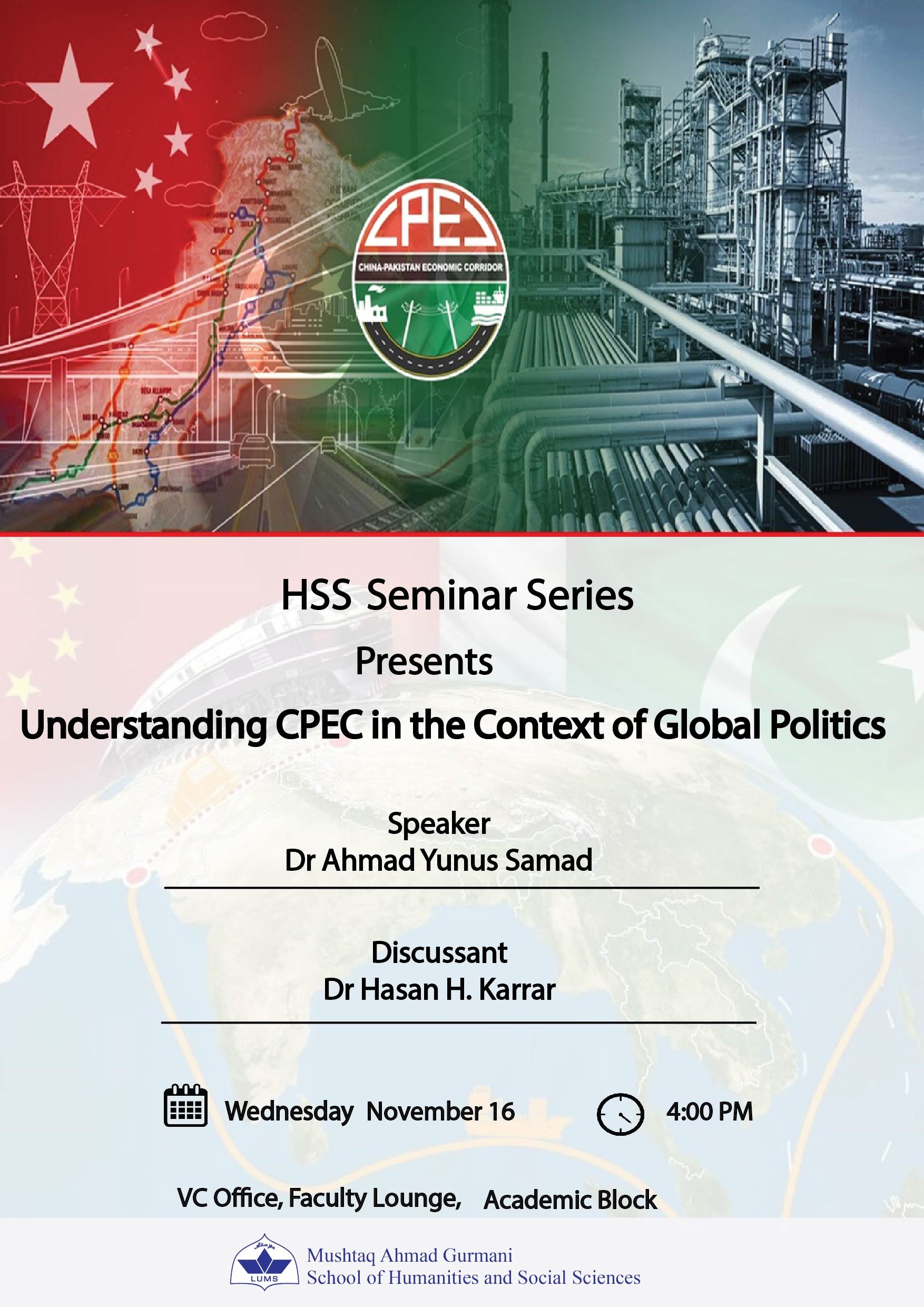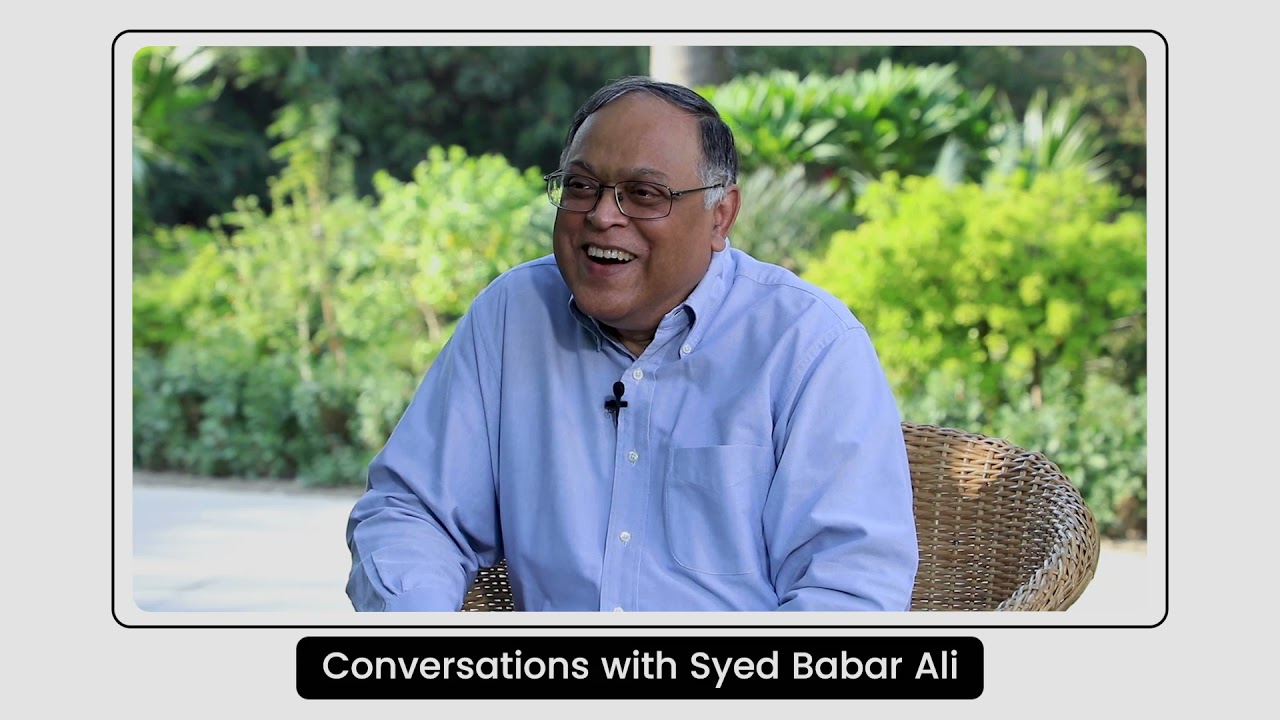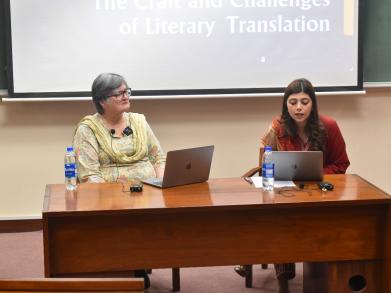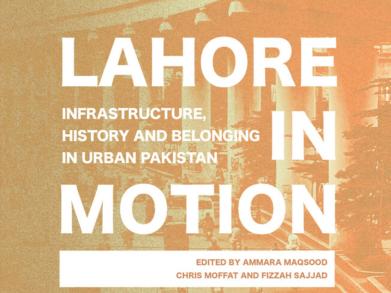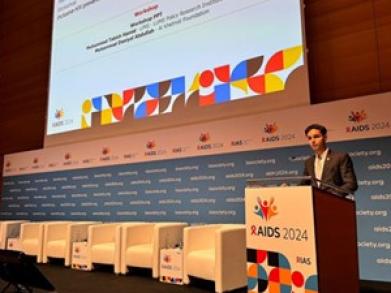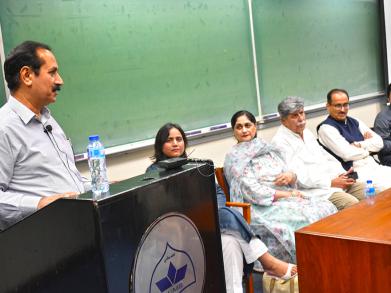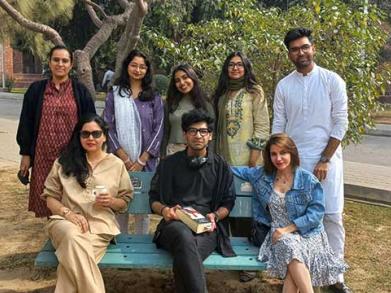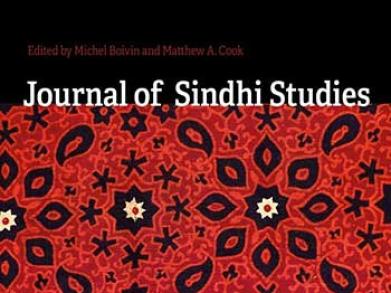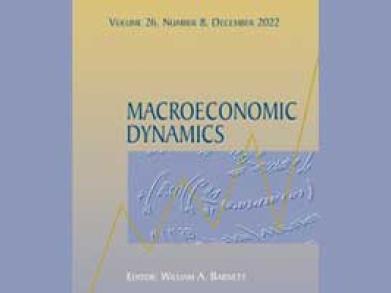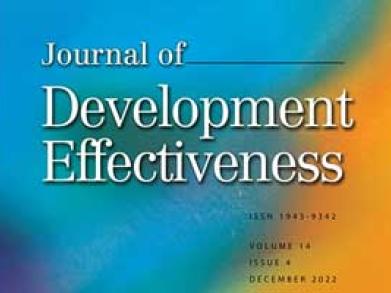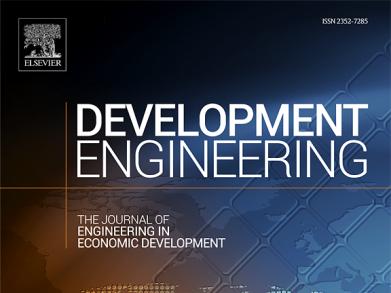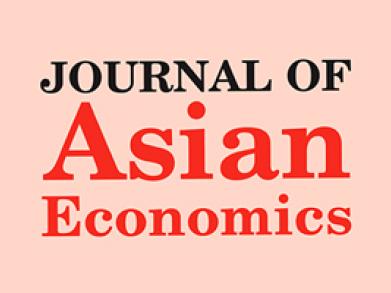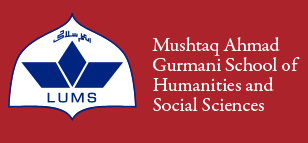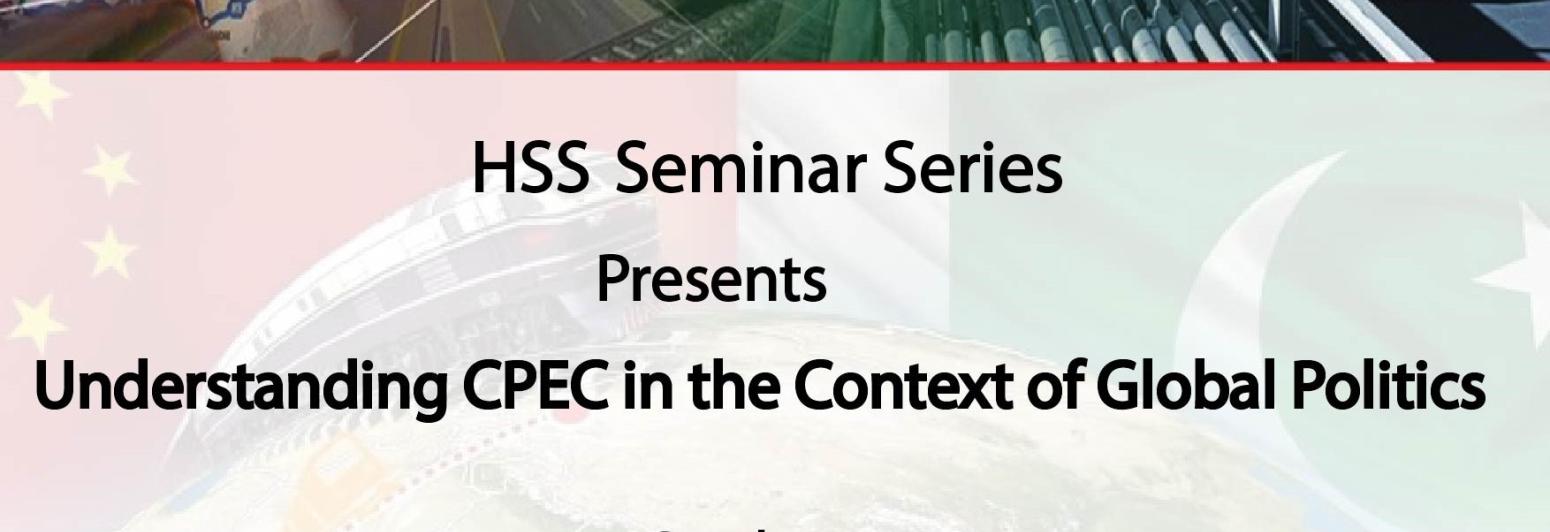
to
Abstract
This paper situates BRI in a regional theoretical perspective; Buzon et al, illustrating how it is Beijing’s response to the US pivot to Asia. BRI creates a number of potential pathways for the rise of China ranging from peaceful to conflictual. This is the frame to understand CPEC in a regional, Asian, and finally global context. The paper briefly outlines CPEC’s key features and the state narratives, then locate CPEC and BRI in a South Asian context and looks at how it intersects with New Delhi’s ambition of great power status. Reflections on BRI consider the various motivation that is driving Beijing and consider the short-term and long-term concerns as well as internal and external motivations. Finally, evaluating Washington’s response to the challenge from Beijing and assess the impact of such moves in containing China and assess the degree of success in its strategy. This context allows for a critical evaluation of CPEC objectives, overall and its components, and its interaction with BRI. This complex global context frames CPEC and BRI which Islamabad must navigate including the possibly opportunities for leveraging it to gain maximum potential. Finally, the paper attempts to make an assessment of the likely outcomes and the possible future scenario for CPEC.
About the Speaker
Dr Samad is a Professor of South Asian Studies at LUMS and an emeritus Professor of the University of Bradford. He was a doctoral student at St Antony’s College, Oxford University and postdoctoral research fellow first with Cecil Rhodes Chair of Race Relation, Oxford University and then at the Centre for Research on Ethnic Relations, Warwick University. He taught at Oxford and Sussex University before joining the University of Bradford where he held a number of senior positions including Director of the Ethnicity Social Policy Research Centre and Director of Post-graduate Research in the School of Social Sciences as well as advising the European Commission on its FP 7 Research Program and a Trustee of the Charles Wallace Pakistan Trust.
He is a leading expert on the study of South Asia and its diaspora, has published nine books, 24 articles, and chapters, and has given over a hundred conference and seminar presentations on the topic of South Asian nationalism, ethnicity, Islam, security, international relations, and the diaspora. His latest collection of essays Beyond Islam and Security: State and Nation-building in Pakistan since 1947 with R. Long, G. Sing, and I. Talbot; and with Gerry Boucher, Social Cohesion and Social Change in Europe, were both published by Routledge and the latter was reprinted in paperback in 2017. His monograph A Nation in Turmoil: Nationalism and Ethnicity in Pakistan 1937-58 has been translated into Urdu and will be published by Maktab-e-Danyal later this year.
